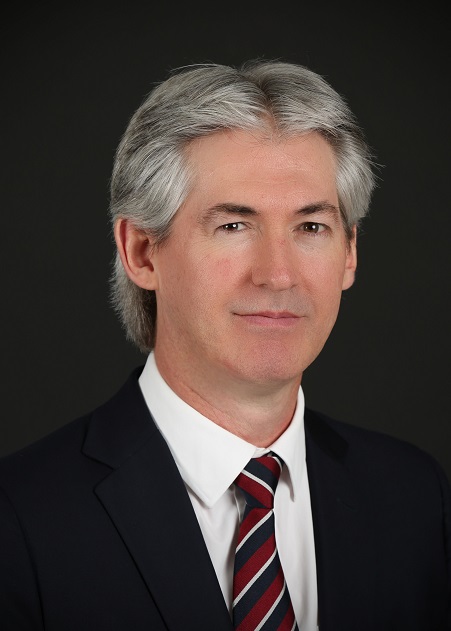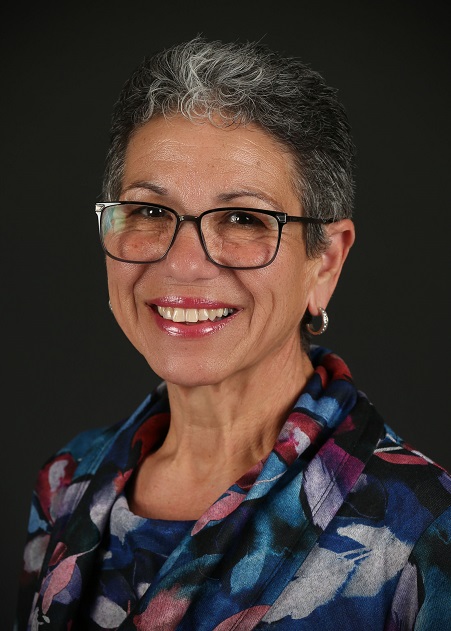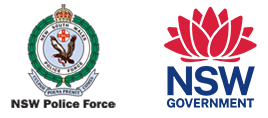The Security Licensing and Enforcement Directorate’s (SLED) mission is to ensure a safe and secure NSW with the help of a competent, ethical and professional security industry. SLED administers and enforces the Security Industry Act 1997 and the associated Security Industry Regulation 2016 and works closely with the security industry to help licensees comply with the rules set out in the legislation. SLED is also responsible for the regulation of the NSW tattoo industry under the Tattoo Industry Act 2012 and the Tattoo Industry Regulation 2023. SLED and local police work together to ensure compliance with tattoo industry legislation and undertake audits of body art tattooing businesses and tattooists. SLED uses education, probity assessments and compliance audits to encourage good practices within the industry and protect the general public and law-abiding licence holders from unlicensed operators and criminal exploitation. A key component of a competent and professional security industry is quality security training. SLED plays an active role in ensuring graduates from security licensing courses have all the information and skills they need for a career in security. SLED also takes a lead role in educating and engaging with the security industry and providing opportunities for industry representatives to make suggestions and raise concerns. In addition to enforcing the legislation, SLED refers possible criminal matters to operational police for investigation and provides expert support when required. |  |
SLED’s structure
SLED is made up of three units: Service Delivery, Determinations and Industry Regulation.
These units work together under SLED Director Cameron Smith. Each arm of SLED has a specific and important role to play in regulating the NSW security industry.
Service Delivery
The Service Delivery Unit consists of the Customer Relations and Licensing Services teams. The Unit is led by Assistant Director (Service Delivery) Brian Moir. The Customer Relations team is the first point of contact for all licensing information. The team responds to telephone and email enquiries through SLED’s Contact Centre and manages its website and social media content. The Licensing Services team processes all licence applications, renewals and amendments. The team ensures all required information and supporting documentation to support an application is provided and liaises with SLED’s Adjudication team to ensure only eligible persons are licensed. |
Determinations
The Determinations unit is made up of the Adjudication and the Assessment teams and is led by Assistant Director (Determinations) Michelle Morgan. The Adjudication team makes the final decision about whether a security licence will be granted and manages the ongoing monitoring of licence holders. If a licence holder fails to comply with any law or acts in a way that is of concern, the Adjudication team decides if the licence will be suspended or revoked and takes appropriate action. The Adjudication team also undertakes probity assessments for a variety of other industries such as tattoo parlours, explosives, combat sports and growers of medicinal cannabis. The Assessment team examines complaints made to SLED about people or corporations in the security industry. The team identifies if there has been an apparent failure to comply with legislation and, if so, determines what action will be taken. These actions could include providing educational advice to the person or corporation in question, or referring the matter to other SLED teams, operational police or other specialist agencies. The Assessment team also works to proactively identify apparent non-compliance and provides high quality analytical support to investigations, operations, audits and business inspections conducted by SLED, operational police and specialist agencies. |  |
Industry Regulation
The Industry Regulation unit includes the Compliance and Enforcement and Training Regulations teams. These teams of Enforcement Officers are charged with enforcing the legislation and its accompanying regulations. The Compliance and Enforcement team’s Enforcement Officers conduct investigations and compliance operations around NSW, which may include audits of security licence holders to ensure they are complying with their licence conditions and the rules set out in the legislation and regulations. When Enforcement Officers find licensees breaching these rules and conditions, they use SLED’s graduated enforcement model to address the non-compliance. For minor breaches where there is no history of non-compliance, Enforcement Officers may educate the licensees and issue warnings and cautions. For more serious and repeated non-compliance, Enforcement Officers can issue fines and court attendance notices or recommend the revocation of the person or business’s security licence. The Training Regulation team’s Enforcement Officers focus on the security training industry. They work closely with the security industry and regularly visit Registered Training Organisations to ensure training and assessments are being carried out in accordance with the NSW Security Licence Course Conditions of Approval. The Training Regulation team also uses the graduated enforcement model to address instances of non-compliance among security trainers and training organisations. |
Additional services
SLED supports other NSW Government agencies by providing probity assessments for licence applicants in specific industries, including:
- Combat sports (regulated by the Combat Sports Authority of NSW)
- Explosives (regulated by WorkCover NSW)
- Medicinal cannabis (regulated by the federal Office of Drug Control)
- Poppies (regulated by the NSW Department of Primary Industries)
SLED also maintains a register of scrap metal dealers under the Scrap Metal Industry Act 2016 and provides licensing support services to Rural Crime Investigators who administer the Wool, Hide and Skin Dealers Act 2004.

